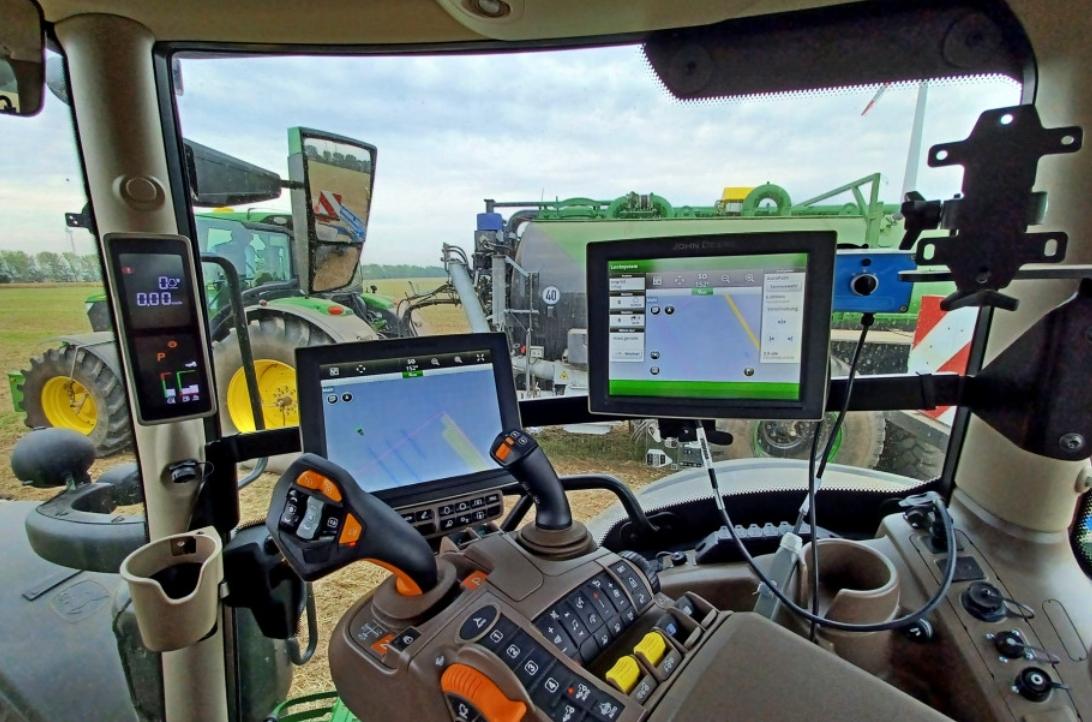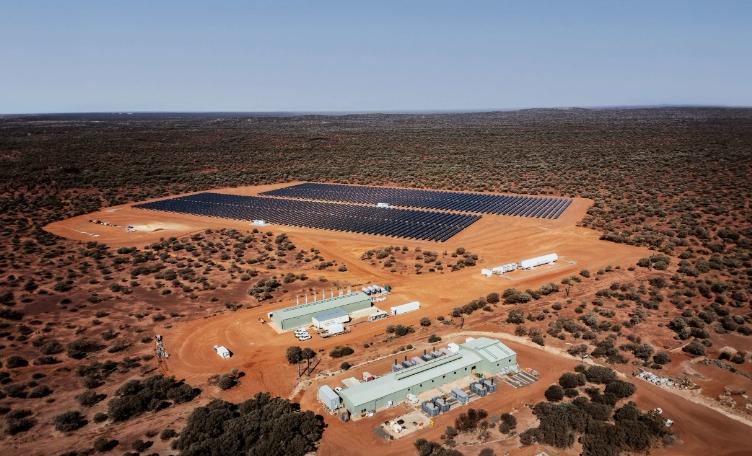Agriculture must take care of cybersecurity, especially in the face of threats to food security, Canadian scientists warn. For hackers, even data on feeding times are interesting.
– The level of cyber security in agriculture is minimal or even non-existent. From a cybersecurity point of view, the agricultural sector is a soft underbelly, summarized Dr. Ali Dehghantanha from the University of Guelph, head of Canada’s only university laboratory dealing with cyber threats in agriculture, quoted in the announcement on the latest report analyzing agricultural weaknesses and possible attack strategies, published in August this year. . in the scientific journal “Applied Sciences”.
Agriculture uses IT equipment, sensor networks and computer-equipped machines, so it is vulnerable.
– According to FAO, world food production must increase by 70% to feed 10 million people by 2050 – recalled in the report, co-authored by Dehghantanha.
Meanwhile, cyber-protection of agriculture also means protection of food security, the report indicated. Threats include hackers extorting a ransom after blocking the computer system of a selected farmer or stealing data, even seemingly insignificant as the temperature in a greenhouse or information about the time of feeding animals.
Another type of threat, currently growing, is that represented by “foreign government-backed hackers designed to disrupt or take control of networks,” leaving farmers with a loss of crops and, ultimately, time and money. “Any disruption to the infrastructure can disrupt the supply network and have an impact on food security,” explained Dehghantanha, pointing to the current situation in Ukraine, for example.
He added that specialists have detected agricultural cyber threats, mainly from China and Russia, as well as from North Korea and Iran. In a statement to public broadcaster CBC, Dehghantanha said that Eastern European hacker groups, for example, are particularly interested in North American targets. A group of “digital investigators” from the University of Guelph are called on to help by farmers once a month.
Just a month ago, an organization of agricultural producers from Quebec, l’Union des producteurs agricoles, associating 42 thousand. sector producers, reported that it had been attacked with malware in order to pay a ransom. As reported by the media, not only 160 EU employees had problems, but also 23 organizations using the services of the Quebec Union of agricultural producers, including the organization of grain farmers.
Two years ago, Dehghantanha published the first of its kind report on the growth of “smart farming” in North America, and “precision agriculture” intensively supported by computer technologies. The value of support technologies for agriculture around the world has been estimated at over 10 billion Canadian dollars (2019 data), while spending on cybersecurity in agriculture at just 3%. expenses for this purpose (in North America). In Canada, a federally funded project began in 2020 to increase cybersecurity in agriculture.
Warnings against hacker attacks on agriculture have become more frequent in recent years. For example, the HSBC bank issued such a warning to British farmers in 2019 and indicated that coordinated attacks take place, for example, when farmers are particularly busy with work, so they may overlook the activity of hackers. The Canadian portal Country-guide.ca reported that in 2020 a group of hackers openly declared that their targets were agricultural producers, the American FBI reported that last year. six grain cooperatives were attacked during the harvest season. Also, the FBI and security agencies in Australia and the US issued in February this year. warnings for farmers.




